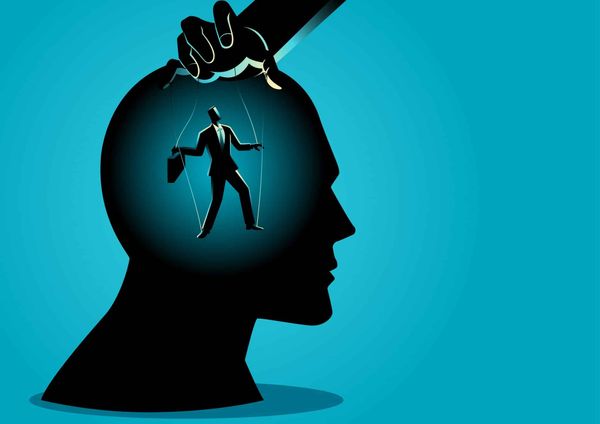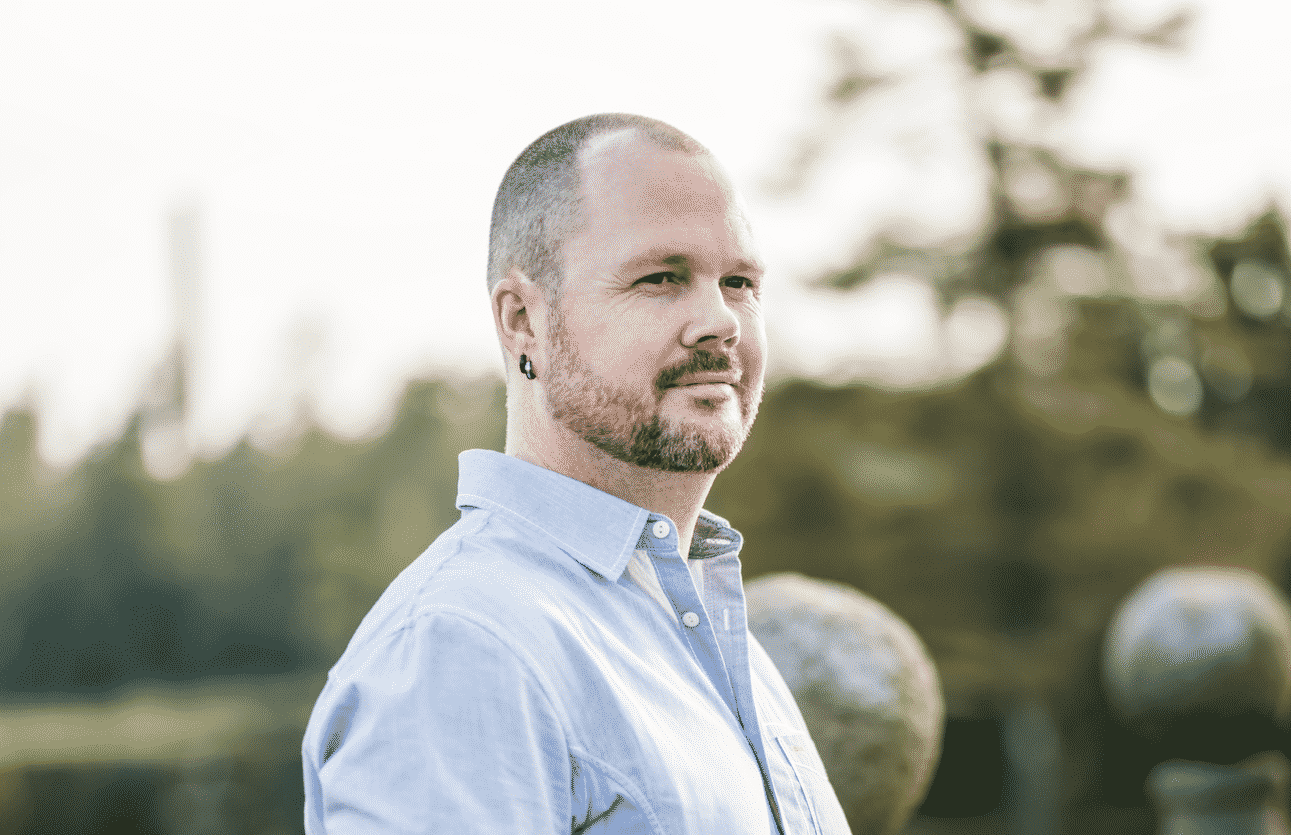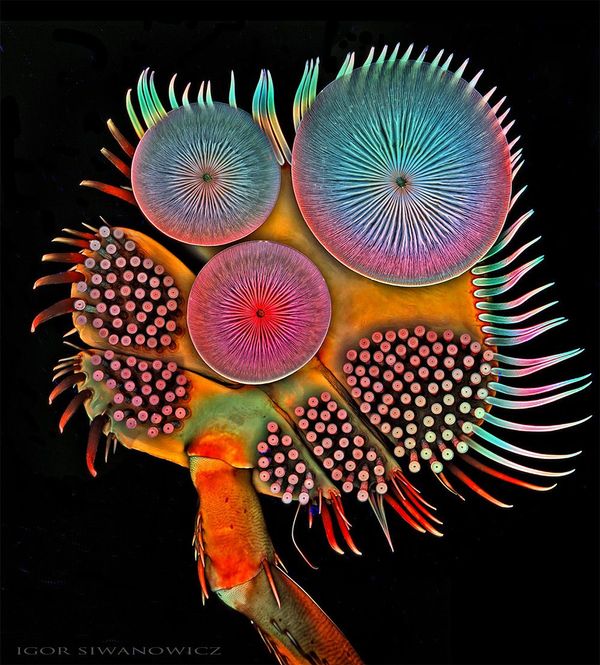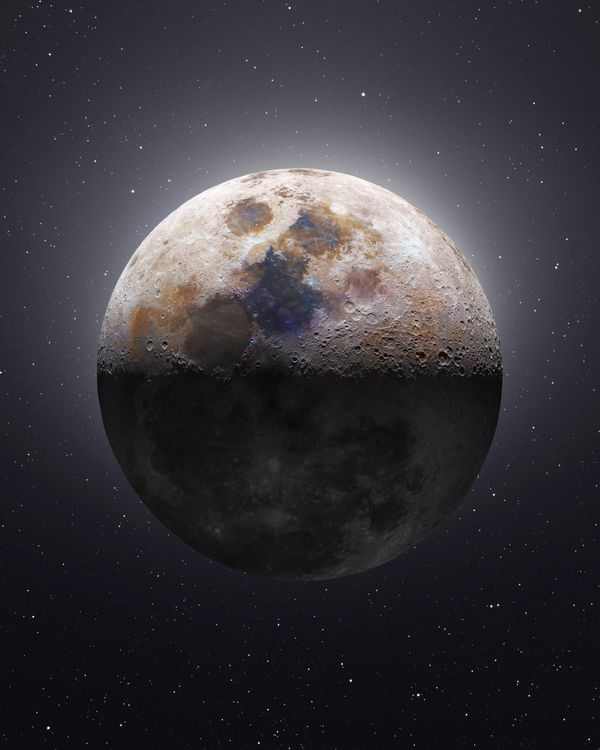Andy Dilks • • 6 min read
Comedy with a Conscience – On Bill Hicks and Frankie Boyle
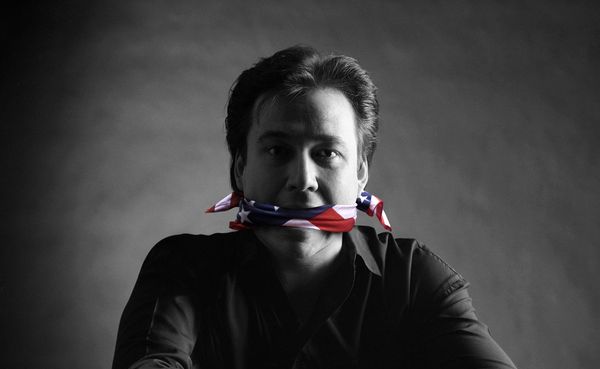
The death of William Melvin “Thanks dad!” Hicks in 1994 signalled the loss of not only a great comic talent but also the most scathing political satirist and social commentator to have emerged from America.
In the spirit of Hunter S. Thompson, Hicks tore apart the myth of the American dream, marrying an acute condemnation of American foreign policy with a keen understanding of the invidious nature of mass media manipulation and the soul-destroying culture of consumerism.
Once describing himself as “Chomsky with dick jokes,” his rallying cry still resonates to this day: “Go back to bed, America! Here’s American Gladiators. Here’s 56 channels of it! Watch these pituitary retards bang their fucking skulls together and congratulate you on living in the land of freedom. Here you go, America! You are free to do as we tell you! You are free to do what we tell you!”
It was a message that – at the time – few Americans wanted to hear, and Hicks’ career in the States seemed like one stall and stumble after another, playing backwater venues and dives in the heartland of the country where more often than not he was met with jeers rather than cheers.
His brand of comedy with a conscience, brutal and uncompromising, was perhaps too close to the bone for many Americans – one audience member once heckled, “We don’t come to comedy to think!” to which Hicks responded instantly, “Gee! Where do you do to think? I’ll meet you there!”
Equally, his early experiences on mainstream television – particularly Late Night with David Letterman – taught him that the mainstream media wasn’t about to welcome his message in its raw, undiluted form.
Perhaps it was inevitable that he would find both the recognition and fame he deserved abroad – it was at the Montreal Just for Laughs festival and subsequent appearance at the Edinburgh comedy festival that his firebrand style was truly acknowledged, assisted greatly by British TV station Channel 4’s unexpurgated airing of his sell-out Revelations tour.
http://www.youtube.com/watch?v=39e3KYAmXK4
The news that he had pancreatic cancer seemed to invest Hicks in a new drive to perform and push forward new projects, including a TV series planned for Channel 4 in which the likes of Chomsky and fellow psychonaut Terence McKenna would feature as guests. Tragically, cancer took his life before he could realise his ambitions, and Hicks left this world with the words, “I left in love, in laughter, and in truth and wherever truth, love and laughter abide, I am there in spirit.”
If Hicks appeared to defy categorization it is perhaps because he himself was uncertain how to define himself – poet, iconoclast, political activist, radical, philosopher and shaman are all fitting terms, yet even these are insufficient to sum up the legacy both to comedy and the world at large Bill Hicks left behind. For a while it seemed as if the one true prophet had come and gone, and despite the many imitators few comedians seemed to have the insight and spirit to fill his shoes.
But it is a mistake to cling on to icons and place them on a posthumous pedestal, no matter how much they spoke to something potent and timeless. Doing so distracts us from the here and now, where new voices speak with new messages; words which resonate with as much resonance as those of Bill Hicks twenty years ago.
Scottish comedian-turned-activist Frankie Boyle is one such voice who credits both his comedy and dedication to political justice to Bill Hicks; a fearless purveyor of truth in the guise of humour who has similarly faced ostracism from the mainstream media (a once regular face on BBC panel shows, the corporation has all but barred him from their studios).
Even when Boyle was appearing on television his attitude towards the medium was ambivalent at best. TV
“is, after all, just a shiny bauble used to distract morons while they’re having their pockets picket. I don’t actually own a telly … I found it to be brutally addictive and also just a drug I’d take without making a choice. If you want to get stoned you have to admit you want to get stoned and go find some drugs. If you want to experience the numbed high of watching two celebrities compete to see who can become the best plumber, you just drift into that hell without making a conscious decision.”
Like Bill Hicks, Frankie Boyle thought of magic mushrooms as a “tremendous thing” – and while his experiences with hallucinogenics didn’t lead to witnessing a UFO (although he does claim to have seen one, albeit not while under the influence) he nevertheless credits them with bringing about a “poetic clarity”.
While obviously mind-altering drugs aren’t essential for instilling a degree of insight into the world around you, there does appear to be some consistency amongst those comedians who have experienced psychedelics and their overall worldview, particularly when compared to their more conservative mainstream counterparts.
In Boyle’s book Work! Consume! Die! he imagines British comedian Peter Kay – renowned in the UK for his tame, family-friendly brand of humour, experiencing psychedelics and undergoing a radical transformation:
“My sketch idea is about Peter Kay taking a heroic dose of magic mushrooms and becoming a politically conscious comedian. He then has to do his stand-up to huge stadiums of folk expecting jokes about the type of biscuits your nan buys, but feels compelled to deliver groundbreaking anarchist routines … Peter persuades Michael McIntyre to take acid with him after the Royal Variety Performance and McIntyre starts ‘noticing’ more things than ever before. ‘Have you noticed the control matrix of our society with the media at its core?’ he will ask Graham Norton during an ill-fated interview.”
Actions, as they say, speak louder than words, and in 2013 Boyle demonstrated solidarity with Shaker Aamer – the last UK resident held in Guantanamo Bay – by going on a hunger strike. Not content with this symbolic act, he then proceeded to donate £50,000 he’d received as compensation from tabloid newspaper the Daily Mirror in a libel victory to Aamer to help him sue British intelligence’s MI6.
Clive Stafford-Smith, the director of the charity Reprieve, said, “If the Daily Mirror says something bad about Frankie that embarrasses him or humiliates him then he has the right to sue. If, on the other hand, a far more powerful organisation, the British government and their agents, say something about Shaker – whereby instead of being humiliated he’s banged up in prison for eleven years for something he patently didn’t do and something he’s never been charged with – then the British government’s position is Shaker can do nothing.”
Comedy with a conscience neither begins nor ends with Bill Hicks and Frankie Boyle (although few are quite so relentlessly scathing) – there is a long list of other comedians who have contributed to shining a light on the folly and hypocrisy of society and government; too numerous, unfortunately, to go into depth in the space of an article.
It can be argued that the “higher function” of comedy has always been to hold a mirror up to the world and reveal humanity’s vices and foibles, subjecting it to a degree of ridicule which serves both as a tool for healing and improvement and a release valve for tensions within society.
No other form of comedy exemplifies this function more so than satire, which the English writer John Dryden described as “a kind of poetry in which human vices are reprehended.” Satire dates back to Ancient Greece, where Plato once cited the comic plays of Aristophanes as the surest way to understand Athenian society. It has appeared in various forms ever since, from the plays of Shakespeare, many of which were replete with acerbic satirical swipes at politics and the pedantry of the times, through to the renowned satirists of 17th and 18th century England who lambasted partisan politics in the Age of Enlightenment.
Politics and culture in the 21st century seems to be ripe more than ever for the cutting sword of satire and conscience-driven comedy; the lies and disinformation peddled as truth by the mainstream media coupled with the crass commercialisation of art – commodified and branded with the same blank stare of a corporate executive whose eyes only light up at the sight of a dollar bill – providing fertile ground from which the sharp-tongued wit can emerge, lobotomising the collective psyche.
Frankie Boyle once described the tabloid press as
“a kind of Jungian ‘shadow’ of intelligent inquiry, addressing the wearying and disappointing side of ourselves that wants to see who Rio Ferdinand is fucking. The newspaper proprietor William Randolph Hearst once pursued a vendetta against Mae West because of the forthright sexual confidence of her work and because he was appalled by how much money she made. Meanwhile, he had affairs and built a business empire. Perhaps we just project hatred onto things we see as embodying what we hate about ourselves, and perhaps tabloids simply embody the worst of us.”
If the muckraking tabloids are the Jungian shadow, then the comedian and the satirist are the analytical psychologist, tearing away at the layers of hypocrisy and mass self-deception and holding up a mirror to reveal the madness at the core of the collective unconscious. Without them, surely the devils would run amok.

